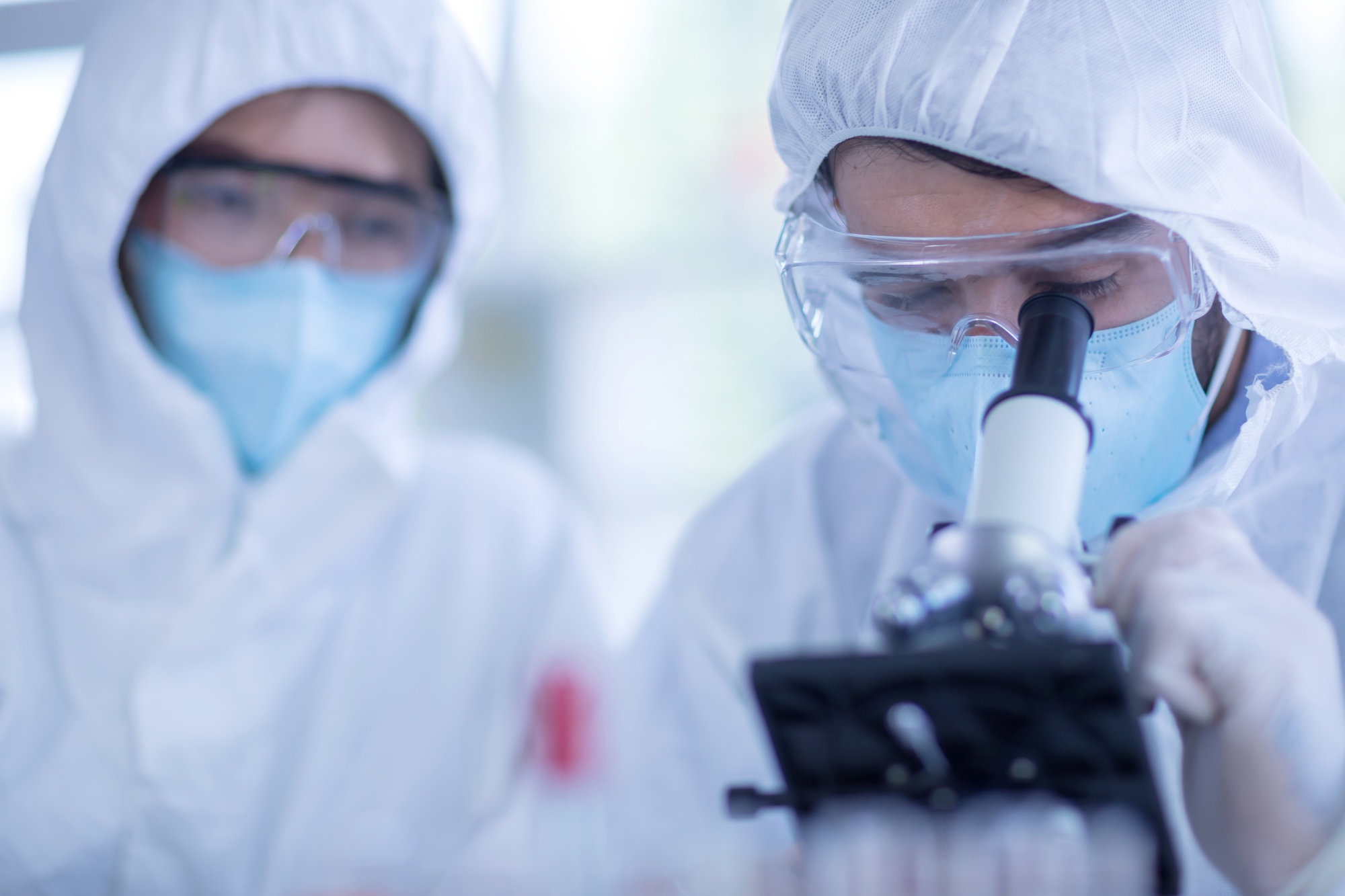First highlighted as part of a study in 2021, a tooth-regrowing drug is set to finally enter human testing this year. We covered plans for the drug to come to clinical trials last year, and now, it seems that human trials have been officially scheduled.
The first phase of the human trials will kick off in September, with 30 healthy male adults participating in the trial. Each patient is missing at least one back tooth. Phase 2 has been tentatively scheduled for 2025 and will involve patients between the ages of two and seven who have been diagnosed with congenital anodontia and are missing at least four teeth from birth.
The discovery and subsequent testing of this tooth-regrowing drug are exciting for a number of reasons. Most notably, it should make replacing lost teeth much more affordable without the need for super-invasive surgeries that leave patients with overly expensive dentures they have to worry about breaking and replacing.

The team responsible for the drug’s discovery has already tested it extensively on animals with no observed side effects, and they saw new teeth grow successfully on ferrets in 2018. Ferrets have tooth buds that are very similar to humans, so it shows that the drug should react similarly in human mouths, too.
Tech. Entertainment. Science. Your inbox.
Sign up for the most interesting tech & entertainment news out there.
By signing up, I agree to the Terms of Use and have reviewed the Privacy Notice.
The drug mostly focuses on deactivating a protein called USAG-1, which is believed to stop tooth buds from developing into baby or permanent teeth. If the human trials run successfully without issue, then many are hopeful that we’ll see the tooth-regrowing drug scaled up and made available to patients who need it before the end of the decade.
While the main goal is to help patients with tooth agenesis, a genetic condition that causes the absence of teeth, the drug can hopefully be used beyond that to help anyone who has lost teeth for any reason throughout their lives.
Note: This article have been indexed to our site. We do not claim legitimacy, ownership or copyright of any of the content above. To see the article at original source Click Here











